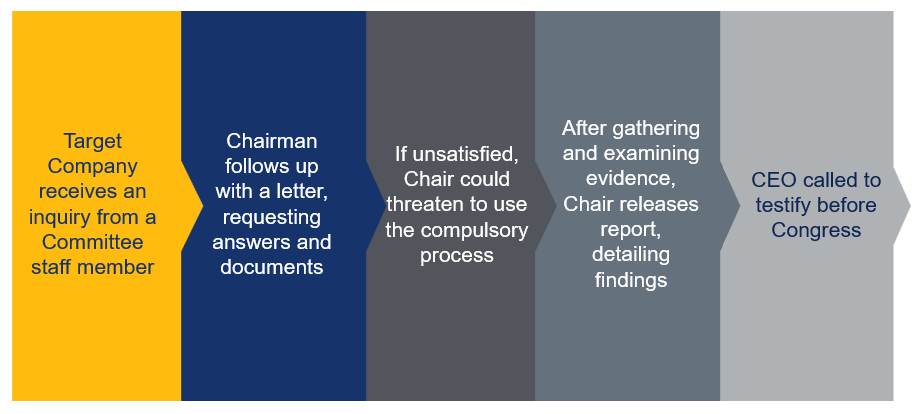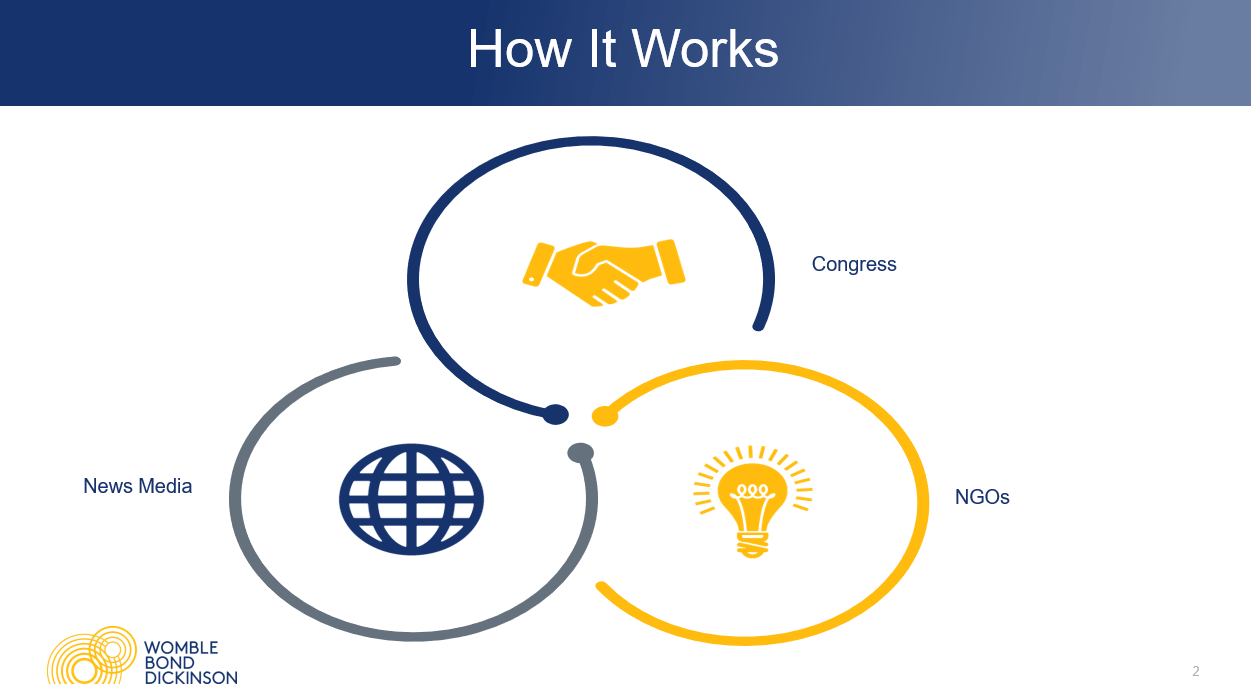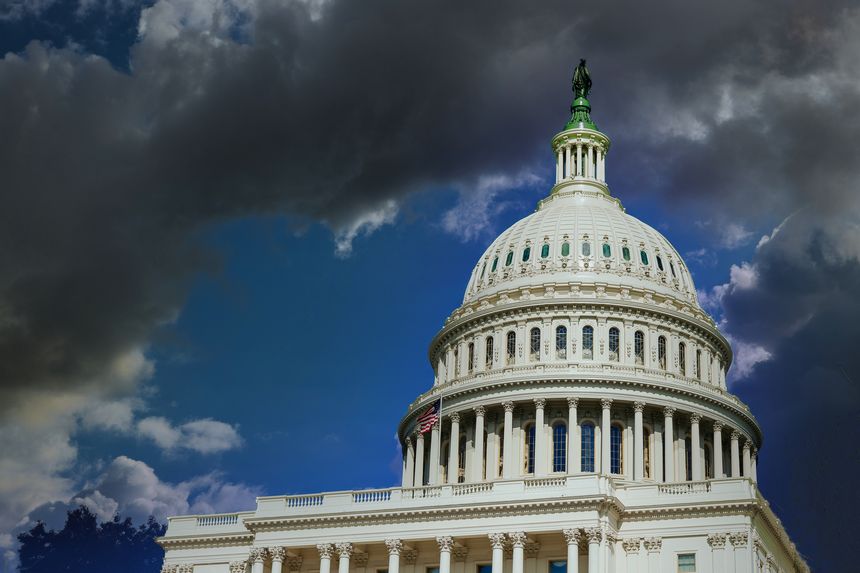Members of Congress have a Constitutional obligation to regularly conduct investigations and oversight to ensure that laws are being faithfully executed, tax dollars are being spent responsibly, and emerging issues are well understood before drafting legislation. In recent years, Congress has investigated everything from renewable energy investments, to lending practices, to higher education.
But knowing this is part of the democratic process is poor solace for any executive on the hotseat in a Congressional investigation.
Congressional Investigations: Expect the Unexpected
The first thing to know about a Congressional inquiry is that it is not a courtroom proceeding where all activities are governed according to well-established law and rules. In a Congressional Investigation, issues such as the investigation’s scope, the recognition of privilege and confidentiality, and the targets of the investigation are directed at the complete discretion of the Committee chair, with support and advice from Congressional investigators. Moreover, individuals or entities can become targets of an investigation regardless of actual wrongdoing.
Congress’s investigative powers are broad, with the Committee on Oversight and Government Reform (OGR) authorized to examine “any matter” by House Rule X. The only privilege Congress must honor is Executive Privilege; all other claims of confidentiality or privilege are subject to negotiation with the Committee Chair, who has full discretion over what information may be requested and released, provided it does not implicate national security secrets.
Negotiations with Congress are often constrained only by political considerations, the Chair’s discretion, and the negotiators’ capacity.
Who Can Launch a Congressional Investigation?
Only a Committee Chair can issue a subpoena, but any Member may launch an investigation. Ranking Members can, and often do, engage in oversight activities; however, they do not have the power to compel a party to turn over documents or testify through the issuance of a subpoena.
Also, the Seven Member Rule (Rule of 5 in the U.S. Senate) requires executive agencies to respond to requests joined by at least seven Members of OGR, or five Senators from the Committee on Government Affairs (HSGAC).
Once an investigation is launched, the committee counsel and professional staff who specialize in oversight and investigations conduct the investigations and bring their findings to the Committee.
What is the House Committee on Oversight and Government Reform?
The House Committee on Oversight and Government Reform (OGR) is the main investigative body in the U.S. House of Representatives. Empowered by House Rule X, it can investigate “any matter.”
From steroids in baseball to the Biden Autopen, OGR is known for high profile media friendly investigations. Currently chaired by James Comer of Kentucky, the Committee also includes Ranking Member Robert Garcia.
The OGR operates with a large and diverse staff of around 100 professionals, including political strategists, lawyers, and communicators. Known for its politically charged environment, the Committee often features energetic freshman members and experienced lawmakers skilled at generating media attention.
What is Senate PSI?
Under Senate Rule XXV(k), the Permanent Subcommittee on Investigations (PSI) is considered a primary oversight committee for the Senate, and as a result wields a significant amount of power to influence relevant activity. But unlike OGR, the Senate Investigations Subcommittee takes a behind-the-scenes approach and doesn’t often conduct investigations publicly.
The current Chair is Ron Johnson, the former Chairman of the Full Homeland Security and Government Affairs Committee (HSGAC). The Ranking Member is Richard Blumenthal. Investigations are launched at the Chair’s discretion and conducted by professional investigators.
How Does Congress Enforce its Demands?

A Congressional investigation generally opens with a Committee Chair sending an initial letter to the targets of an investigation, requesting voluntary cooperation. If unsatisfied, a Chair can escalate the compulsory process, signaling its willingness to issue a subpoena, before finally doing so. Ultimately, the investigation’s findings are included in a committee report, a Congressional hearing, or both.
Failure to comply with a congressional subpoena can result in the Chair calling for the Committee to hold the subject in contempt. This can potentially escalate to a vote of the Full Chamber to refer the matter to the U.S. Attorney. Under federal law, willfully ignoring a valid subpoena for documents or testimony is a misdemeanor offense, punishable by fines up to $100,000 and imprisonment ranging from one to twelve months.
Enforcement of a contempt resolution depends on the Department of Justice, which retains discretion and may choose not to prosecute.
Beyond the Gavel: The “Soft Powers” of Congress
In addition to its vast legal and legislative authority, Congress (and its individual members) also have incredible influence over public discourse. Corporate leaders risk reputational harm to themselves and their companies if they are seen as being uncooperative with Congress.
Investigative reporters, non-governmental organizations (NGOs), and other government actors (State Attorneys General, the Department of Justice, federal and state agencies) are force multipliers that supercharge Congressional action. Together, they create an echo chamber that raises the profile and reputational and legal risk of a Congressional investigation.
Once in the crosshairs, the risk of noncompliance to a company’s reputation is so high, it mostly precludes the need for Congress to seek legal enforcement (i.e., contempt of Congress) of their demands.
The Role of the 24-Hour News Cycle in Congressional Investigations

Obviously, Members of Congress must engage with and be responsive to the public and the issues of the day. The more attention a subject gets in the public arena, the more likely Congress is to engage and join the conversation by launching an investigation. It’s also true that the more Congress pays attention to an issue, the more media attention it gets. Dozens of NGOs support this cycle by filing Freedom of Information Act requests and workings with the media to generate news coverage that leads to, or amplifies, Congressional investigations.
The traditional media players—the 24-hour cable news networks, the TV broadcast networks, national and state newspapers—continue to shape the public conversation. But increasingly, newer media outlets, including prominent podcasters, social media influencers, and news bloggers, also play a significant role in this discourse. And Members of Congress are listening.
How to Best Prepare for a Congressional Investigation
The ideal time to prepare is before any inquiry begins, as they are fast paced – with deadlines often under two weeks of the request.
By proactively assessing potential political risks, company leaders can take strategic steps—such as establishing sound records retention policies, conducting tabletop exercises, and building relationships with Capitol Hill stakeholders—to manage the impact of an investigation.
Early preparation enables a more confident and strategic response. Even if Congress does request documents or testimony, the nimbler the response, the more options remain to negotiate a favorable outcome that protects the organization while maintaining transparency and integrity.


/Passle/6878183c1547331efeed13be/SearchServiceImages/2026-02-25-22-05-53-782-699f7241550570dd6f50d83d.jpg)
/Passle/6878183c1547331efeed13be/SearchServiceImages/2026-02-20-22-22-04-732-6998de8c580d3a64a22b9607.jpg)
/Passle/6878183c1547331efeed13be/SearchServiceImages/2026-02-16-17-42-34-209-6993570af15a712545f4d7a3.jpg)